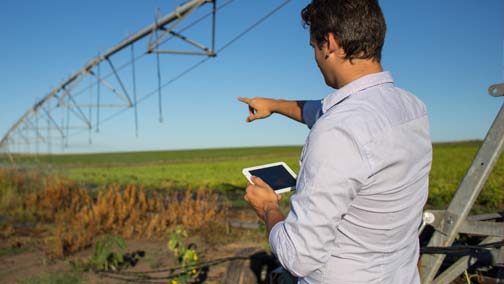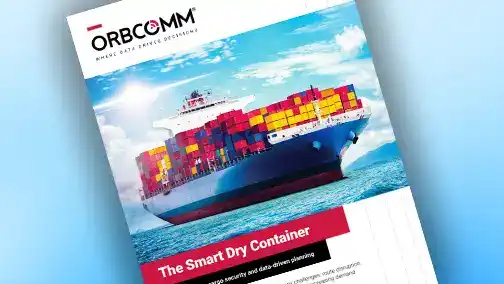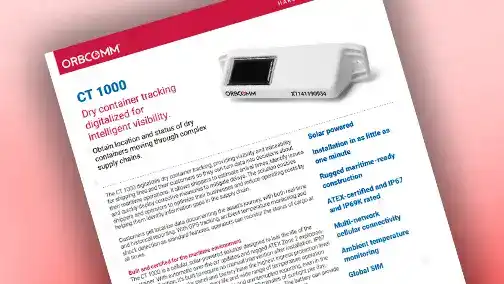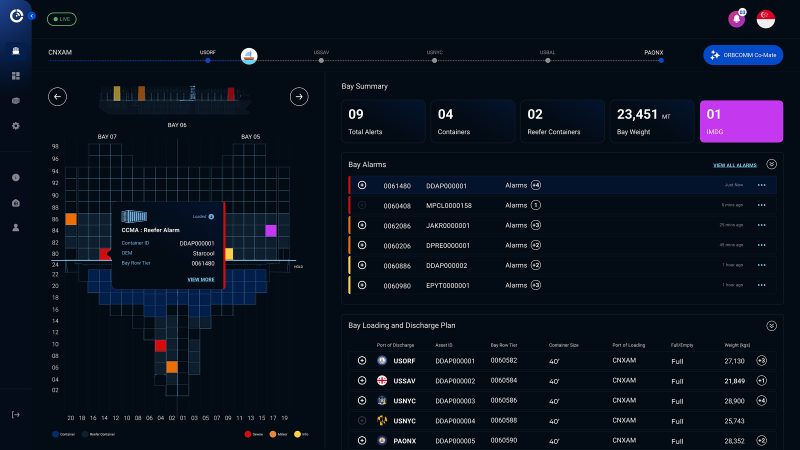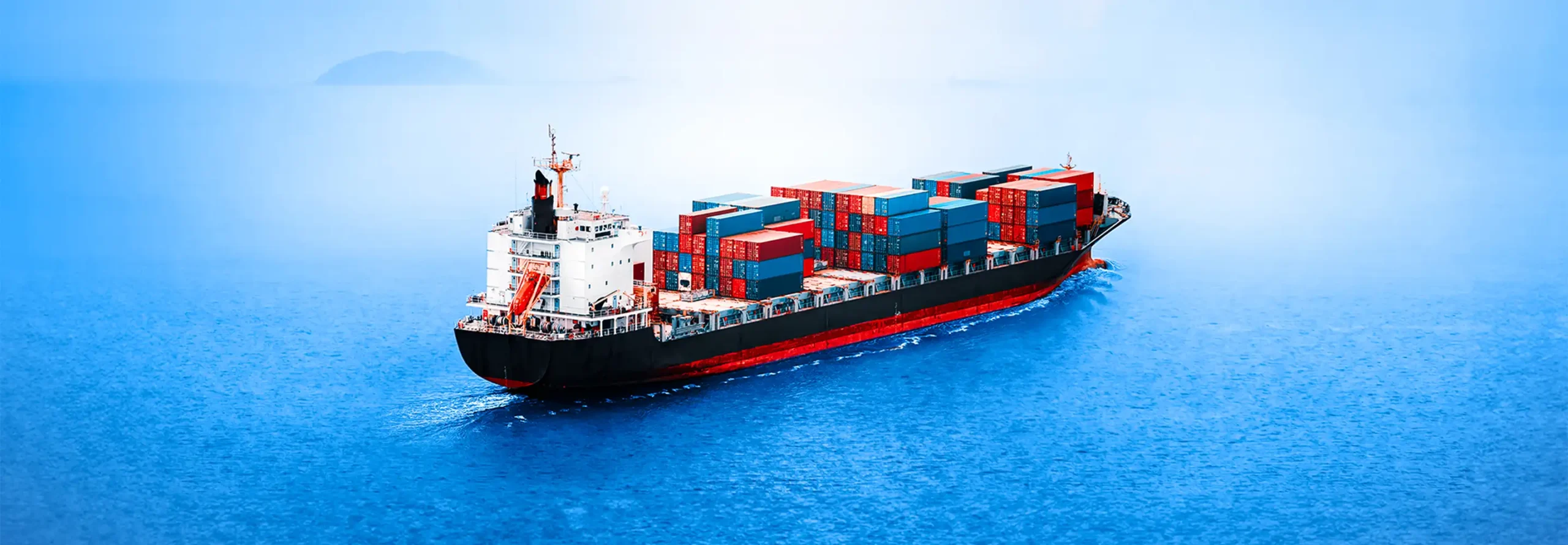
Navigating toward a safer future with ORBCOMM
- Blog
- Container Shipping
- Navigating toward a safer future with ORBCOMM
Maritime trade is a cornerstone of global commerce. Responsible for transporting over 80% of international trade, the shipping industry remains the driving force of regional and global economies. However, it’s not always smooth sailing for maritime shipping as it tackles multifaceted challenges ranging from geopolitical conflict and supply chain disruptions to sustainability and safety issues.
As we celebrate World Maritime Day on September 26, this year’s theme by the International Maritime Organization, “Navigating the future: safety first” brings attention to the urgent need to create a safer maritime industry.
ORBCOMM, a leading provider of maritime IoT solutions, offers innovative technologies that can raise the bar on seafarer safety by providing critical data that can help minimize occupational hazards for shipping crews.
Enhancing safety through automation
The main deck of a container ship is a dangerous place. A 2023 BMC public health epidemiological study of seafarers working on 58 container ships over a twenty-year period found accidents to be the top cause of unfitness for duty among crew members (31.2%), with the deck crew sustaining the most injuries (22.5%).
This doesn’t come as a surprise with reefer monitoring, as seafarers are required to manually monitor refrigerated containers, up to as many as four times a day, to ensure compliance with cold chain temperature regulations. These manual checks expose workers to slippery decks, trip hazards, confined spaces, adverse weather and potentially harmful refrigerants.
With telematics, these tasks can now be performed remotely, significantly reducing the chances of injury. ORBCOMM’s reefer monitoring collects data and reports it into an intuitive platform, where seafarers can analyze refrigeration performance, verify temperature compliance and remotely access data logs, eliminating the need for manual checks.
Combating crew fatigue with IoT
Long work hours, repetitive tasks and other administrative duties can lead to crew exhaustion, increasing the likelihood of accidents on board. Project MARTHA, a study on seafarer fatigue, highlights that overworked crews are more prone to short-term performance degradation and long-term health effects, both of which can compromise ship safety.
ORBCOMM’s maritime IoT solutions deliver performance data and provide automated alerts that help streamline working practices and reduce crew workload. This lowers the risk of fatigue-induced errors, boosts overall worker well-being and frees crew time for higher-value tasks.
As the maritime industry continues to evolve, the need for innovative solutions to address safety challenges is more critical than ever. Maritime IoT has a vital role to play in this endeavour. By reducing administrative burdens for crew members, providing continuous cargo monitoring and enhancing remote container visibility, container telematics can help improve seafarer safety. ORBCOMM’s pioneering technologies are at the forefront of this movement, paving the way for a safer future in maritime trade.

Christian Allred is ORBCOMM’s Executive Vice President and General Manager of International Sales. With more than 25 years of experience in managing global sales and marketing teams in IoT, Christian is responsible for managing ORBCOMM’s international sales teams around the world across key vertical markets including transportation, heavy equipment, containers and ports and maritime.




